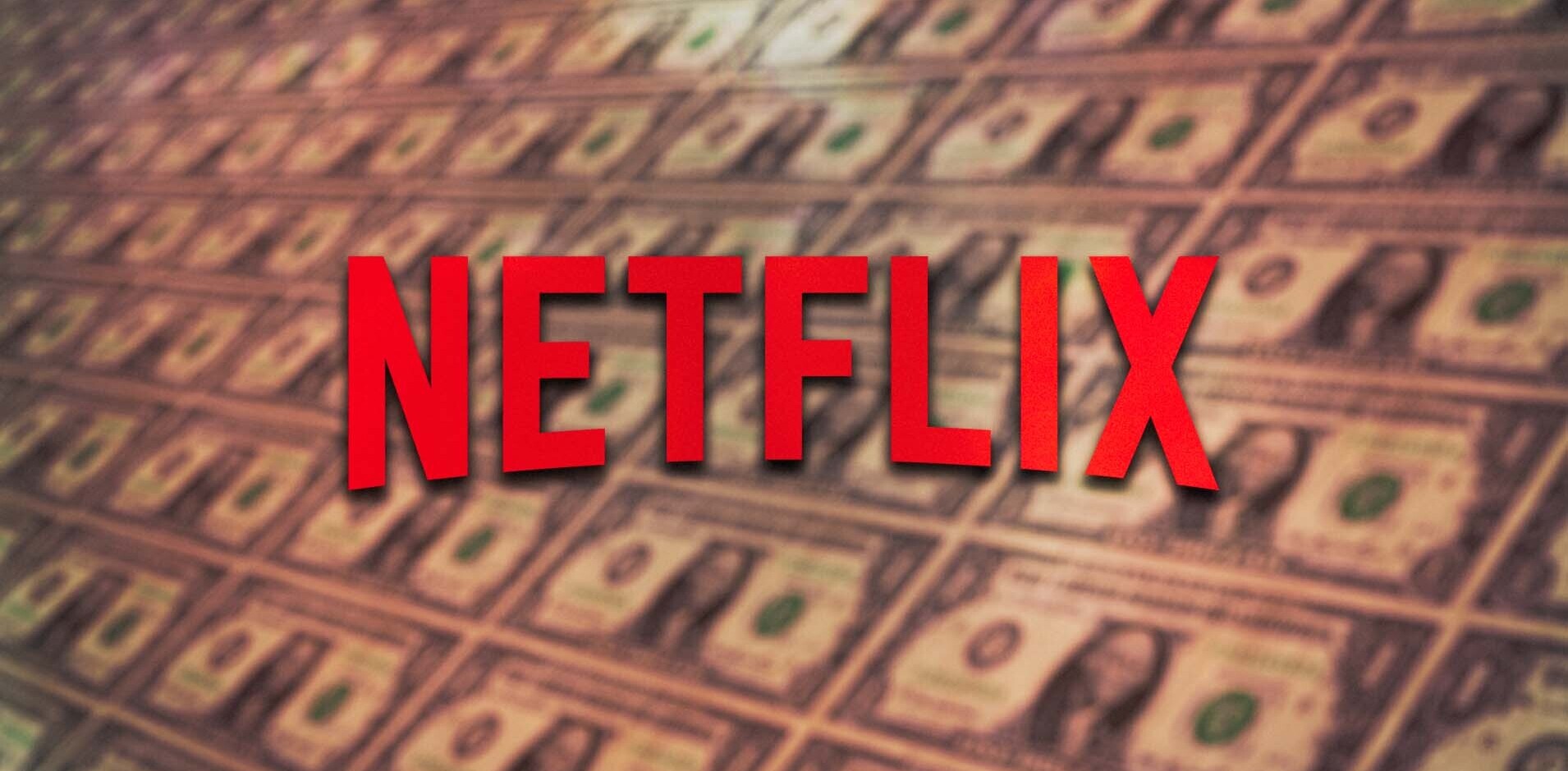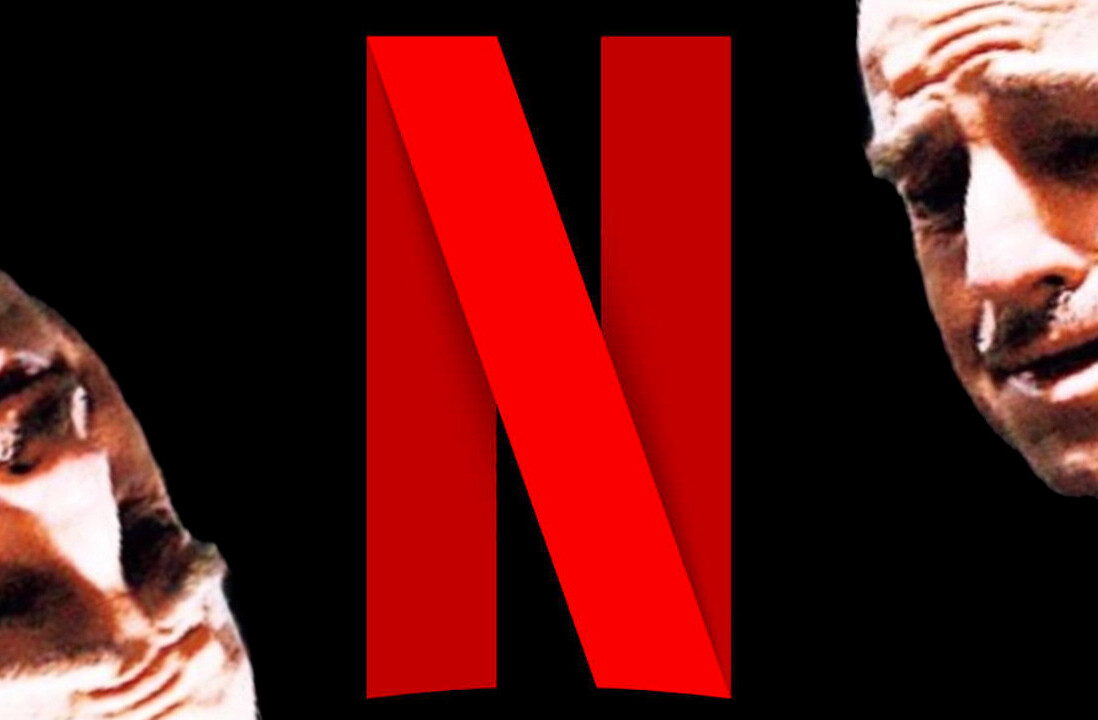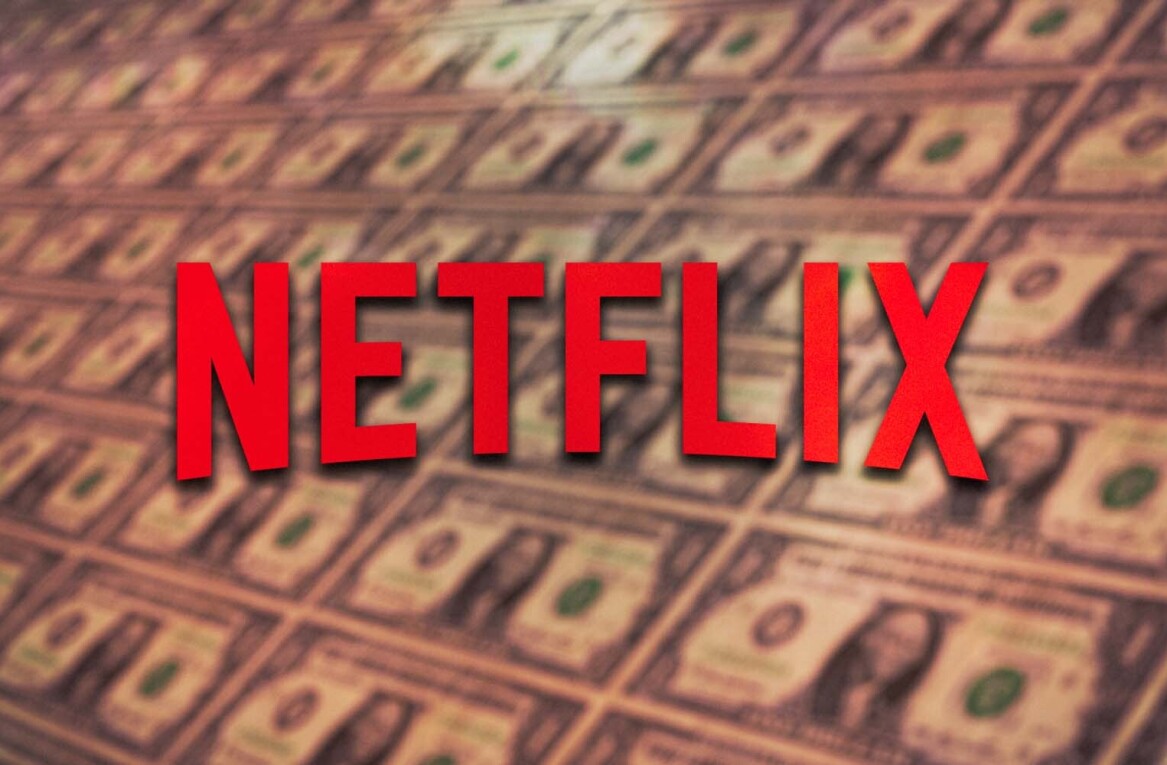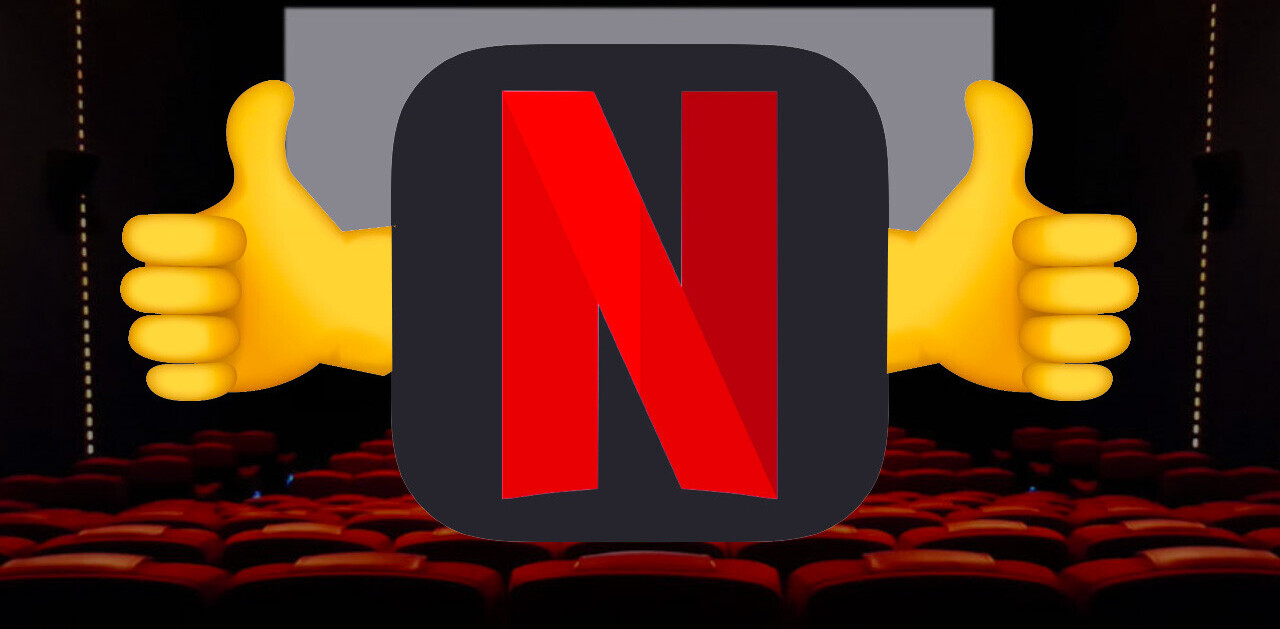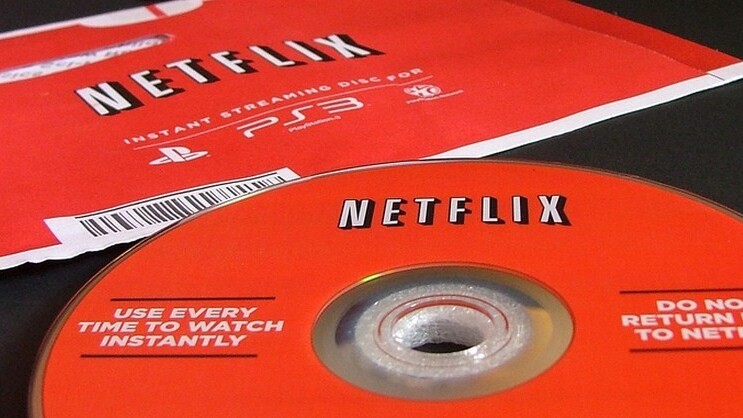
The media, for all its value, doesn’t always get the story right. As a member of the media, I say that with sincerity. However, there are essentially two varieties of publications: those who correct and improve when they make a mistake, and those that dig in further and refuse to budge. TNW is the first type.
A story blew in this weekend, with Politico reporting that Netflix had started a political action committee (PAC) called ‘FLIXPAC.’ In that story, several lines were slightly ambiguous. You’ll see what I mean:
And it [the PAC] provides Netflix with another political tool with which to aggressively press a pro-intellectual property, anti-video piracy agenda — an effort it began in earnest in 2010, when the company began heavily investing in federal lobbying efforts. […]
[Its lobbying expenses] grew to $130,000 in 2010 and $500,000 in 2011, as legislative debates over the Stop Online Piracy Act, Protect IP Act and Video Privacy Protection Act raged.
A quick read of those sentences could lead someone to believe that Netflix was in favor of SOPA. The reference to being ‘pro-intellectual property’ followed quickly by a note that the company ramped up spending during SOPA, and presto, Netflix supports SOPA. Politico wasn’t trying to say that, but the wording just landed awkward. It happens.
But the news of the PAC took on a life of its own. The headline from Raw Story is indicative of what we’re talking about: “SOPA supporters await cash infusion from Netflix PAC.” That’s a fully loaded headline. That story leaned on two points, essentially: first, David Hirschmann, CEO of the Global IP Center at the US Chamber of Commerce, told the NYPost that the CEO of Netflix had sent him a letter stating that he supported the larger goals of SOPA. Secondly, that, to Raw Story, the company has motive:
This year, however, the company would seem to have compelling reason to join the fray at the level of their advancing competitors at Time Warner and Comcast. Both cable network operators have been angling to compete with Netflix by launching their own on-demand video services, along with implementing some policies like bandwidth caps that impose a monthly data limit, which limits the amount of time some users can spend watching streaming video on sites like Netflix. Comcast, the nation’s largest cable network operator, even went so far as to exempt its own video service from the bandwidth caps, giving them a clear leg up on Netflix.
Those two things combined are interesting, but they don’t jive with the firm’s statement from that time on SOPA: “Netflix has not taken a position in SOPA. It is not correct to assume the company initially had a position.” Therefore, Netflix essentially said nix on that letter. If it was sent, the company was disavowing it. If it wasn’t sent, then this is all smoke and no fire.
Enter your humble servant. I read all the coverage of FLIXPAC, including that from RT, which we will get to shortly, and wrote a piece that was along roughly the same lines. Drawing on the Raw Story and Politico information, I dinged Netflix for not being opposed to SOPA, and intimated that assuming that its CEO had written that letter, then this PAC was probably bad news. Why claim to be neutral on a bill? Why not take a position as an industry thought leader? I don’t know, but the firm didn’t. That’s its business.
However, since then, Netflix’s Joris Evers has outlined what the firm’s official views are, using Twitter:
@netflix is for open Net access, against caps or UBB and we’d like VPPA changed so members can choose to do FB connect
@Netflix FLIXPAC was NOT set up to support SOPA/PIPA. Instead, we engage on issues like net neutrality, bandwidth caps, UBB and VPPA.
SOPA/PIPA are dead, CISPA irrelevant, we are for open Net access, against caps/UBB and like VPPA changed for FB connect
What he is saying, for Netflix, is that they view the twin bills to be the past. The new PAC is therefore forward-looking. That’s reasonable. Since this all initially shook out, and Netflix realized that, from its perspective, it was being falsely accused of supporting something that it thought was a moot issue, many stories have come out that detail the errors in the first round of reporting. TNW wrote one as well, fixing our initial misplaced words.
The CEO’s letter is still a somewhat interesting issue, the actions of its chief content officer at the time are curious, and OpenCongress does have Netflix on the books as an early SOPA supporter, but I’m nearly completely confident that Netflix really does want to use this PAC on only what it listed above: net neutrality, bandwidth caps, and the Video Piracy Protection Act. What I mean to say is that whether or not the company supported SOPA for about 3 minutes before changing its mind or not, the company will not be using its PAC to push such legislation going forward, which was the issue.
I’m writing this to show you how, in the age of real-time news, things can get off on the wrong foot, and take time to be reigned in. TNW did just that, the moment Netflix began to disseminate new information, writing a second post correcting our initial coverage.
That brings me to my final point. When you do get something wrong, the ultimate apology is to correct it. Everything else is talk. On the other end of that spectrum is to get something wrong, and then to dig in and write another post that admits defeat, continuing a conspiracy. That’s not good.
So there you have it, a quick and dirty take on what went down over the last few days.
Get the TNW newsletter
Get the most important tech news in your inbox each week.

